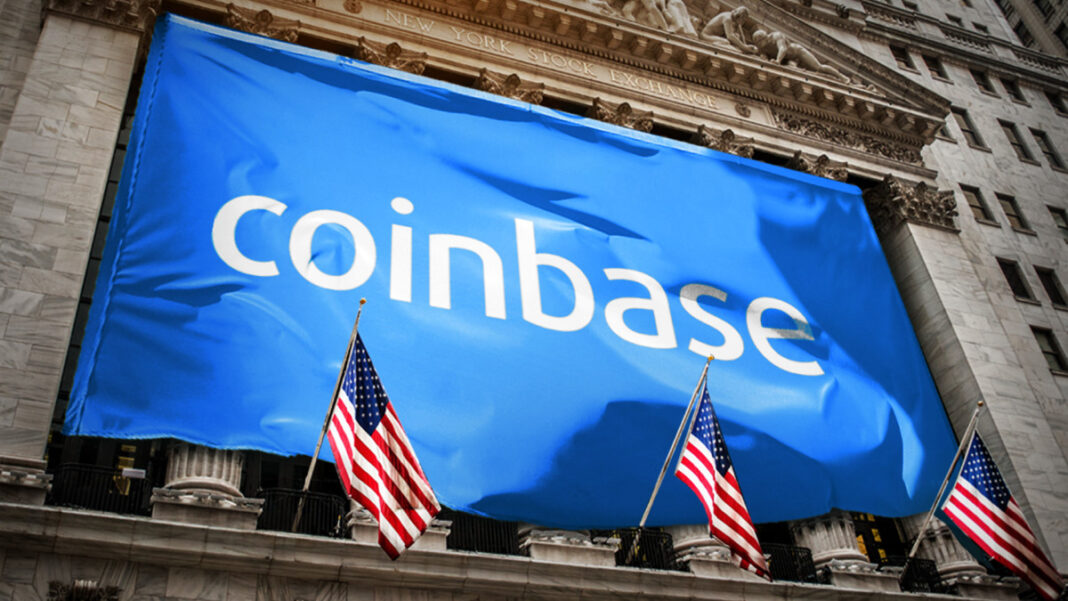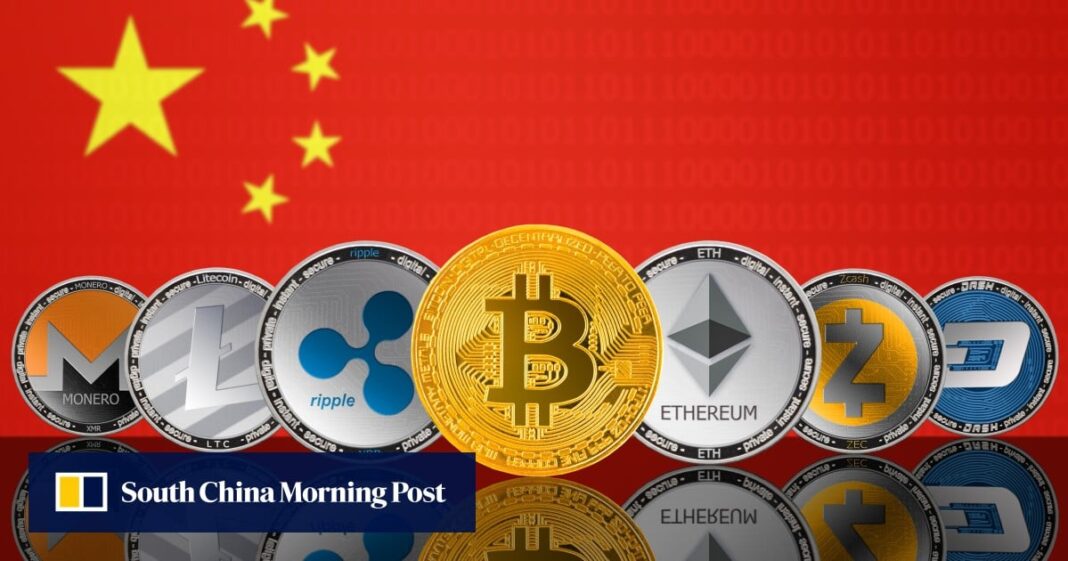Market Pulse
In a move that has sent shockwaves through the digital asset world, President Donald Trump today announced a full pardon for the founder of Binance, a decision that ignites fresh debate over the intersection of politics, justice, and the rapidly evolving crypto industry. This high-profile clemency, revealed just as the founder faced ongoing legal scrutiny related to past operational practices and anti-money laundering compliance, is widely seen as a bold political statement and potentially a significant pivot in the U.S. government’s approach to crypto enforcement.
The Pardon’s Political Landscape
The pardon comes amidst a fiercely contested political environment and follows reports of the Binance founder’s involvement in a stablecoin project linked to Trump’s past ambitions. Critics are quick to label this move as opportunistic, suggesting it’s designed to curry favor with the powerful crypto lobby and a growing base of digital asset enthusiasts ahead of the next election cycle. However, supporters argue it symbolizes a presidential commitment to fostering innovation and alleviating what they perceive as overzealous regulatory pressure on a sector vital for technological advancement.
- Timing is Key: The announcement strategically precedes major political events, maximizing its impact on voter perception.
- Stablecoin Connection: The founder’s association with a presidential-backed stablecoin project adds a layer of complexity and perceived quid pro quo to the pardon.
- Divisive Reaction: Lawmakers like Representative Maxine Waters have already voiced strong disapproval, highlighting deep partisan splits on crypto policy.
Regulatory Repercussions and Industry Reaction
The U.S. Securities and Exchange Commission (SEC) and the Department of Justice (DOJ), already under scrutiny for their handling of crypto cases, now face an unprecedented challenge. This presidential intervention could be interpreted as undermining federal agencies’ enforcement authority, potentially complicating future investigations and regulatory actions against other prominent crypto figures and entities. The broader crypto industry, while perhaps relieved for the individual, is now grappling with the implications of such political influence on the regulatory landscape.
Market analysts are weighing the immediate sentiment boost against the long-term uncertainty created by politicized enforcement. While some argue it reduces a key player’s legal burden, potentially freeing them to contribute to the ecosystem, others worry about the precedent this sets for due process and regulatory consistency.
The Binance Founder’s Future
For the Binance founder, the pardon offers a dramatic reprieve from potential legal battles that have loomed for years. This could allow for a renewed focus on entrepreneurial ventures, possibly re-engaging more directly with the crypto space without the immediate threat of criminal charges. For Binance itself, the pardon may alleviate some of the ‘founder risk’ that has often been a talking point among investors and regulators, though the company’s past compliance challenges remain distinct from its founder’s personal legal status.
Broader Implications for Crypto
This pardon casts a long shadow over the future of crypto regulation in the United States. It raises fundamental questions about whether regulatory enforcement will become increasingly susceptible to political maneuvering. It could signal a shift towards a more politically interventionist approach to crypto, potentially leading to a bifurcated system where certain figures or projects receive executive protection while others face stricter scrutiny. This also opens the door for other crypto leaders to seek similar political avenues, potentially leading to a more politicized and less predictable regulatory environment.
Conclusion
President Trump’s pardon of the Binance founder is more than just a legal decision; it is a seismic political event with profound implications for the crypto industry. While it brings immediate relief to the individual involved, it simultaneously ignites a contentious debate about the integrity of regulatory enforcement, the role of political influence in justice, and the very future of digital asset governance in the U.S. The coming months will reveal whether this unprecedented move ushers in an era of political patronage for crypto or simply deepens the existing chasm between regulators and the innovators they oversee.
Pros (Bullish Points)
- Reduces legal uncertainty for a key crypto industry figure, potentially allowing for renewed innovation.
- May signal a more politically favorable stance towards crypto from some high-level government officials.
Cons (Bearish Points)
- Creates a perception of political interference in justice, potentially undermining regulatory authority and due process.
- Could set a dangerous precedent, further politicizing crypto regulation and fostering an uneven playing field.
Frequently Asked Questions
Who specifically was pardoned by President Trump?
President Trump issued a full pardon for the founder of Binance, who had been facing ongoing legal scrutiny related to past operational practices and compliance issues.
What are the immediate implications for Binance as a company?
The pardon primarily addresses the personal legal status of its founder, potentially alleviating some 'founder risk' concerns, but Binance as a company still navigates its own regulatory and compliance challenges.
How might this pardon affect the future of crypto regulation in the U.S.?
This move is highly contentious and could lead to increased debate over political influence in regulatory enforcement, potentially resulting in a more politicized and less predictable regulatory environment for digital assets.




